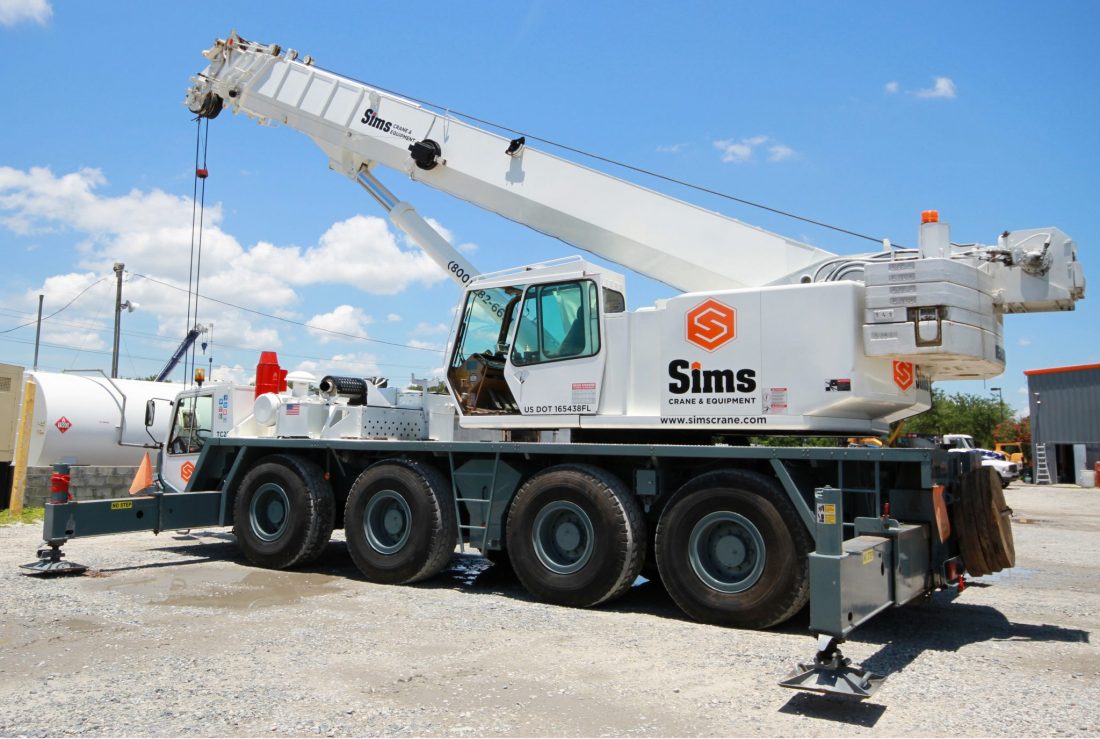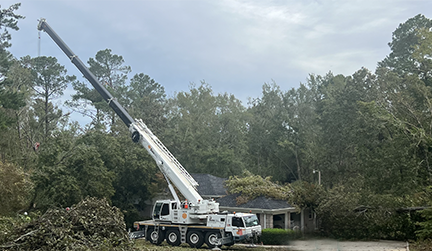Occupational Health & Safety Magazine recently featured a helpful article with seven tips for individuals who are interested in buying a crane, plus advice for those who want to minimize risk when purchasing a preowned one.
Seven things to consider:
- Check the load weight to be lifted. How much weight do you plan to lift with your new crane? Assess your current and future lifting needs so that you don’t buy a crane with more lifting power than you’ll ever use or one that puts your crew and customers at risk by lifting more weight than the crane can handle.
- Know the lift height. This is as important as how much weight will be lifted. The boom determines how high the load can be raised, so a taller construction project will require a crane with a longer reach.
- Determine the moving distance. In other words, how much driving will the crane need to do on site? If there are multiple areas that need to be accessed, a mobile crane is the right choice. If lifting will be conducted along a fixed path, a crane on rails may be a better choice.
- Evaluate terrain. All cranes need firm footing to operate safely, so consider what type of ground is most common at your job sites. Also take note of weather conditions such as wind, rain and heat. These factors will help determine if you need a truck, all-terrain or rough-terrain crane.
- Evaluate Project Site Access. Is the job site accessible for the type of crane you have? Is the area paved, and is the access road wide enough?
- Look for possible safety issues. Make sure your crane has been inspected, and when you reach the job site look around for potential obstacles including power lines, trees, buildings, streetlights and more.
- Evaluate the financial cost. How much do you plan to invest in a crane? If your jobs are ongoing and similar in nature, the right crane can be a wise investment for the long term. If your needs are sporadic and unpredictable, leasing a crane might be the best option.
If your projects and business depend on using the right type of crane, these tips should help you determine what will work best.
Read more at Occupational Health & Safety’s website by clicking here.

